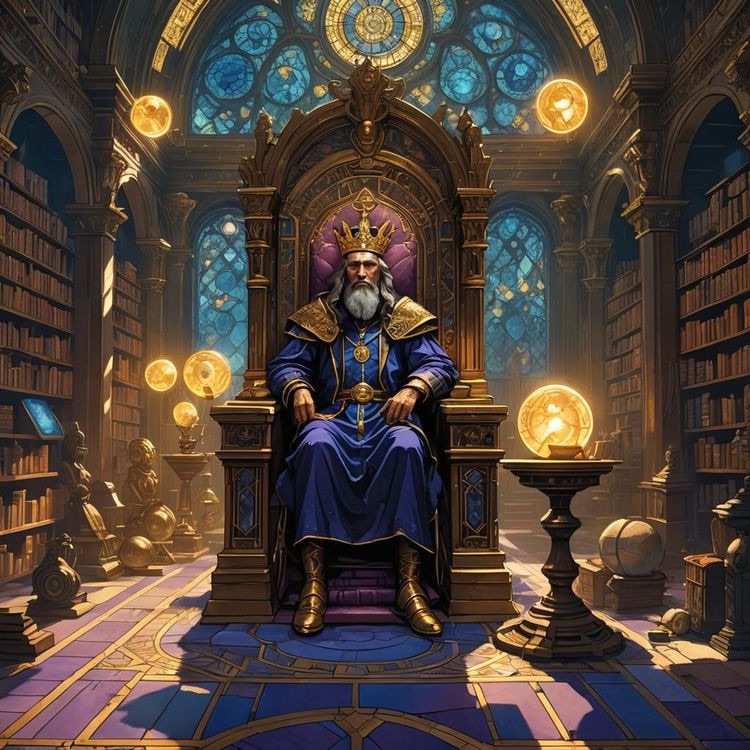In a land far away, a long time ago,
There lived a young man, in the darkness below.
He was born in the gloom, where shadows were cast,
With burdens and struggles that grew mighty fast.
The whispers would say, “He’s cursed by his fate,
A soul from the dark, and light comes too late.”
But this man had a secret, a spark in his chest,
A destiny waiting, a journey, no less.
You see, in the ages, long stories are spun,
Of a king named Solomon, a great, mighty one.
He started in light, so brilliant, so bright,
But he stumbled and fell, to the dark of the night.
But our man was different, his tale was reversed,
For his life in the dark was only the first.
He struggled, he fought, through the shadows so deep,
For somewhere inside, the light still did sleep.
“Oh woe is the dark!” the people would say,
But he knew in his heart, he’d find a new way.
For the light wasn’t something that only kings know,
It’s a gift you must find, even starting below.
So he climbed out of shadow, step after step,
Leaving behind what the past had once kept.
Through trials and storms, through lessons so tough,
He learned that the dark, though cruel, was enough.
It shaped him and carved him, like stone into art,
It was there, in the dark, that he found his heart.
And unlike the king, who had turned from the light,
This man grew stronger, to rise and take flight.
For perhaps, just perhaps, he was once that old king,
Who knew all of the wisdom, but not everything.
Perhaps he had fallen, but now he had come,
To atone for the paths where he once had been numb.
As the light filled his soul, it shone from within,
He remembered the lessons of Solomon’s sin.
But this time, he’d rise, not fall into night,
His journey was upward, a return to the light.
Now the people, they whispered, “He shines from inside,
No longer the darkness, no longer to hide.”
For this man, once cursed, was now something more,
The opposite path from the king’s ancient lore.
He was born in the dark, but found in the light,
And he carried that wisdom as if in full flight.
Perhaps he was Solomon, once lost in the fall,
But now he was soaring, transcending it all.
So remember this tale, as old as the sun,
That darkness to light is a journey for some.
The light of a man can grow when it’s earned,
And the lessons of kings can be beautifully turned.
